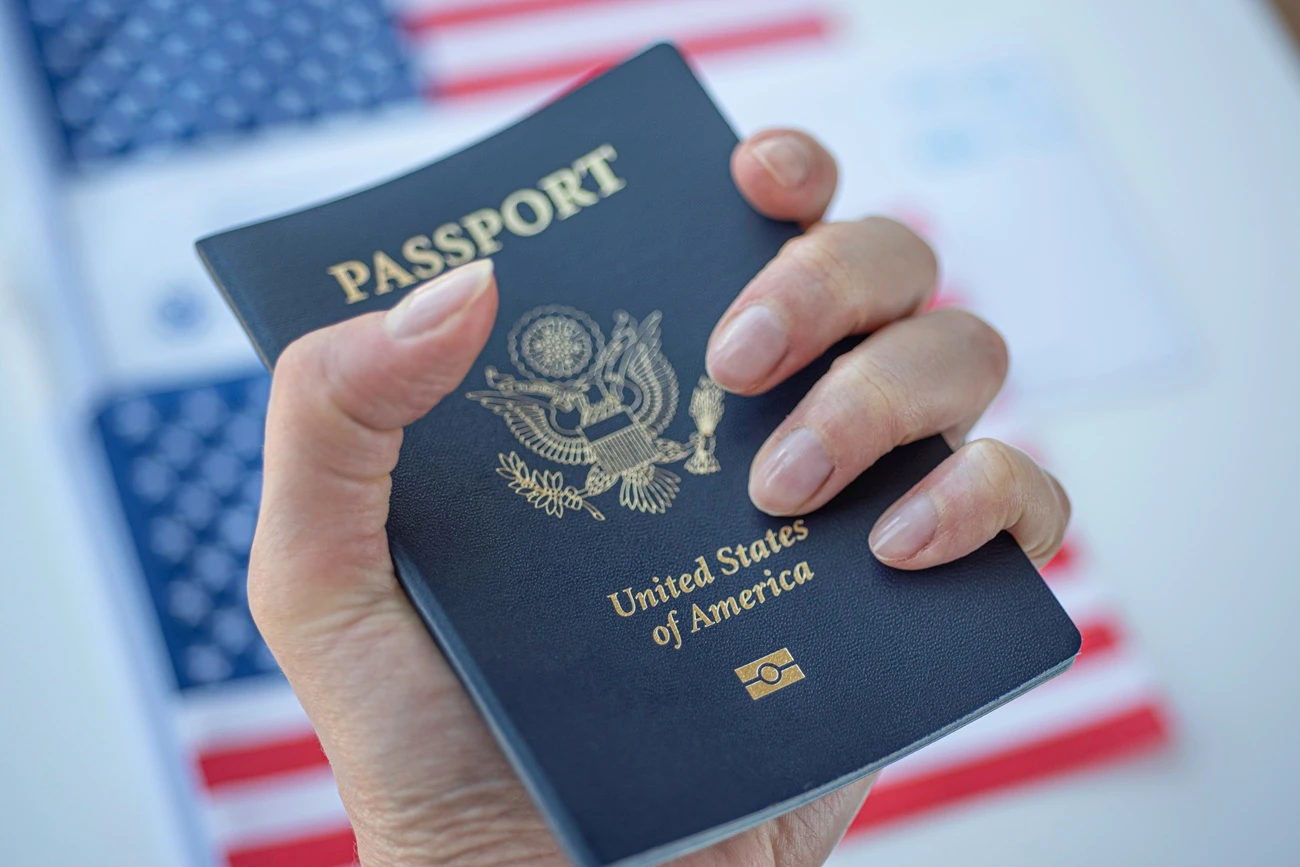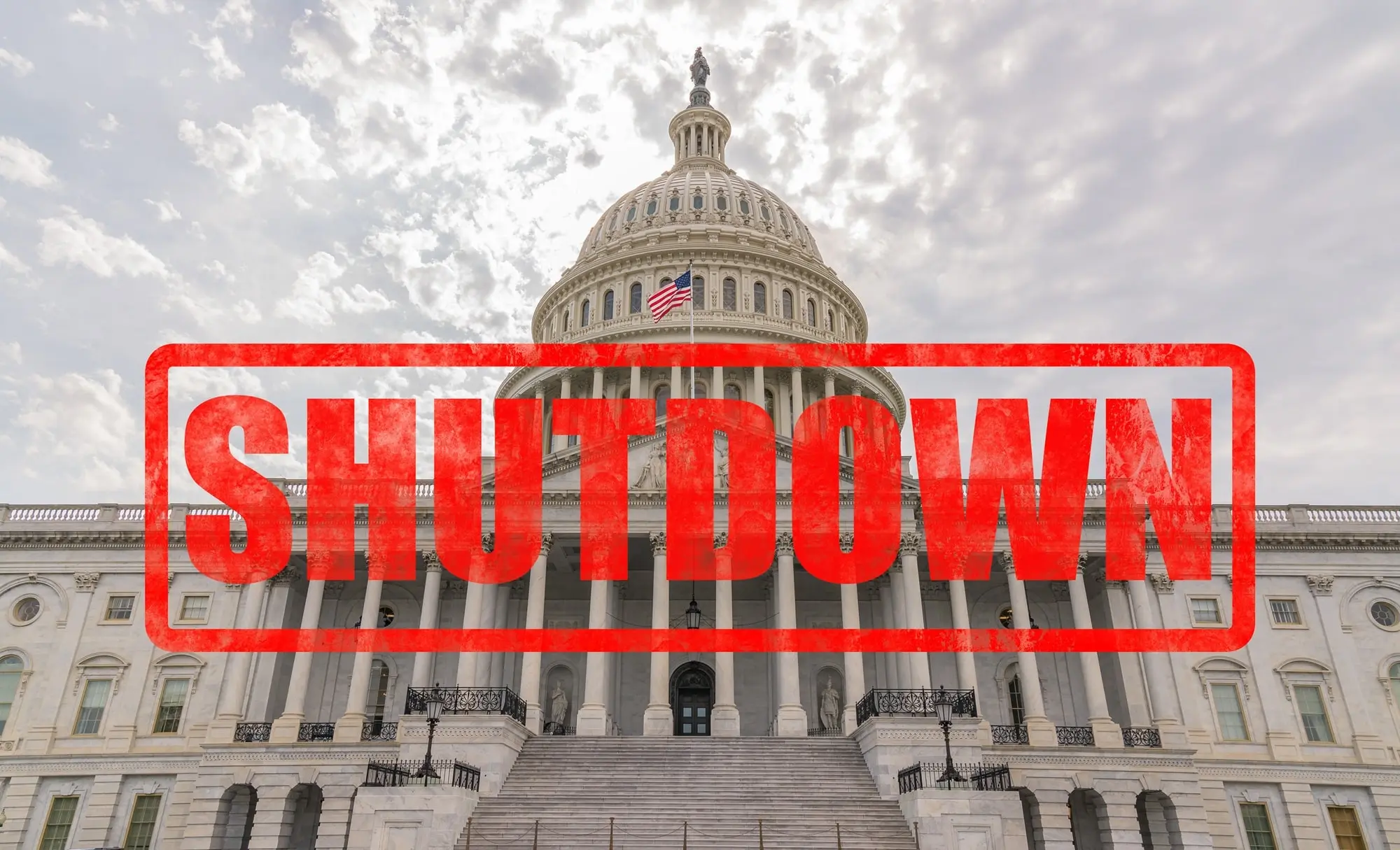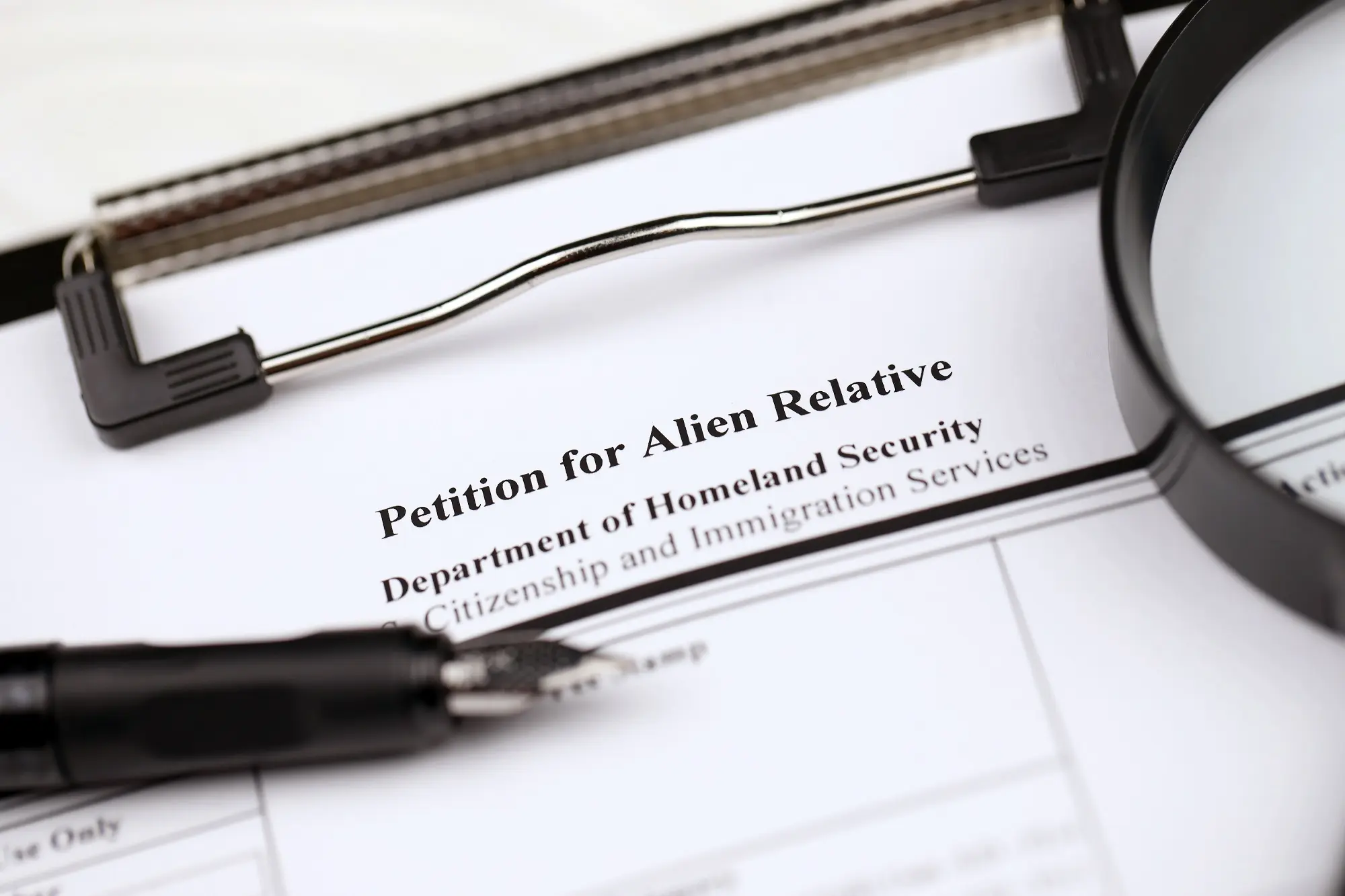In this update period, the U.S. immigration system sees a renewed emphasis on enforcement and screening — changes that practitioners and applicants alike will want to monitor closely.
DHS Announces “Integrity” Campaign in Legal Immigration System

On November 13, 2025, DHS and USCIS issued a news release titled “DHS Strengthens Integrity in Nation’s Immigration System, Returns to Commonsense Legal Immigration Levels”. The announcement highlights a sharp expansion of enforcement tools inside the benefits system: since February 2025, USCIS reports issuing more than 172,000 Notices to Appear (NTAs) referring applicants to immigration court, increasing fraud referrals to ICE, and reviving tactics such as neighborhood investigations to verify residence and “good moral character”. The agency frames these steps as restoring “commonsense” and deterring people who would “exploit” legal immigration pathways.
The release also underscores a policy shift toward lower overall legal immigration “levels”, tying that goal to a broader Trump-era agenda of intensified vetting and stricter eligibility across visa categories, naturalization, and humanitarian programs. The language mirrors earlier DHS messaging that emphasizes “safeguarding the integrity” of the immigration system and enforcing consequences when USCIS believes a benefit was obtained through misrepresentation or criminal conduct.
Critics see the announcement less as a neutral integrity measure and more as part of a second-term strategy to discourage and punish people who interact with the legal system. The American Immigration Council, in a broader analysis of Trump’s second-term changes, warns that layering more NTAs, fraud referrals, and policing-style tactics onto benefits adjudications can turn routine applications into “gateways to deportation”, especially when rules are complex and standards are discretionary. American Immigration Council Advocacy groups also question whether using neighborhood checks and aggressive NTA issuance risks chilling eligible applicants from applying at all, undermining the stated goal of promoting “lawful” immigration rather than enhancing it.
At this stage, the November announcement signals that accuracy, consistency, and documentary support in any filing matter more than ever — because the cost of a perceived mistake is increasingly an NTA, not just a denial.
New Visa Health Guidance: Obesity, Diabetes, and “Public Charge” Screening
A second development drew even sharper controversy. On November 13, 2025, Politico revealed that Secretary of State Marco Rubio had sent a cable to U.S. embassies instructing consular officers to treat a range of chronic medical conditions — including obesity, diabetes, cancer, and heart disease — as potential grounds to deny visas under the “public charge” rule. The move broadens the health factors officers are asked to consider beyond traditional communicable diseases and explicitly ties them to a prediction about long-term healthcare costs and reliance on U.S. public benefits.
Follow-up reporting by The Washington Post confirmed the cable and described it as a significant expansion of consular discretion. Visa officers are now told they may weigh not only the applicant’s diagnosis but also age, ability to work, and financial capacity to pay for ongoing treatment without relying on U.S. government assistance. A KFF Health News investigation added that the guidance encourages officials to consider whether applicants’ dependents might require substantial care, potentially affecting the applicant’s ability to remain employed.
Supporters of the policy, including administration officials quoted in coverage by Fox News and other outlets, argue that it simply enforces a long-standing statutory requirement that immigrants be self-sufficient and not become a public charge. They frame the directive as a common-sense step to ensure that U.S. taxpayers are not left covering high, predictable medical costs for new arrivals.

Critics, however, warn that the change opens the door to medical profiling and highly subjective decision-making by consular officers who are not medical professionals. KFF Health News quoted legal experts who worry that officers will be making speculative judgments about an applicant’s future health and costs, something existing visa guidance has historically discouraged. Critics state concerns from immigrant-rights groups and public health advocates who say the rule could disproportionately shut out older applicants, people from countries with high obesity rates, and individuals with manageable chronic conditions, without clear evidence that they would ever rely on U.S. benefits.
Taken together, the November health directive marks a significant shift in how the U.S. screens would-be immigrants: away from narrow disease control and toward a much broader, cost-based risk calculus. For applicants and their attorneys, it adds another layer of uncertainty — one where medical records, private insurance, and financial planning may suddenly become central to the outcome of a visa interview.












